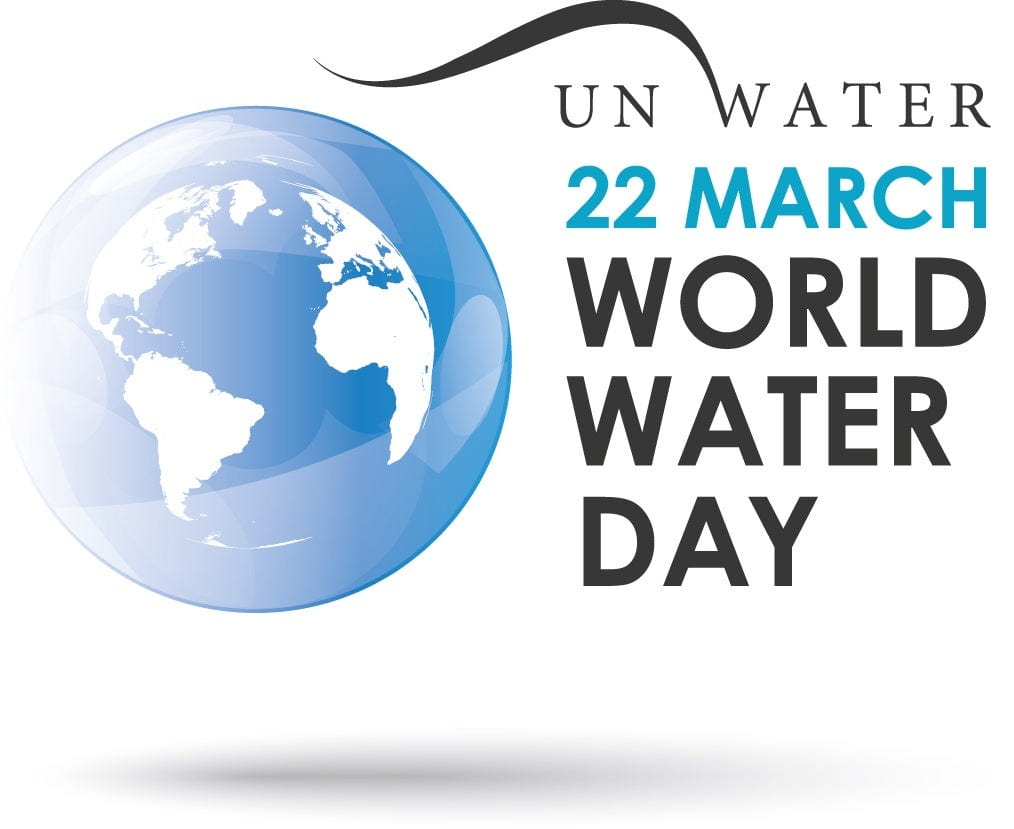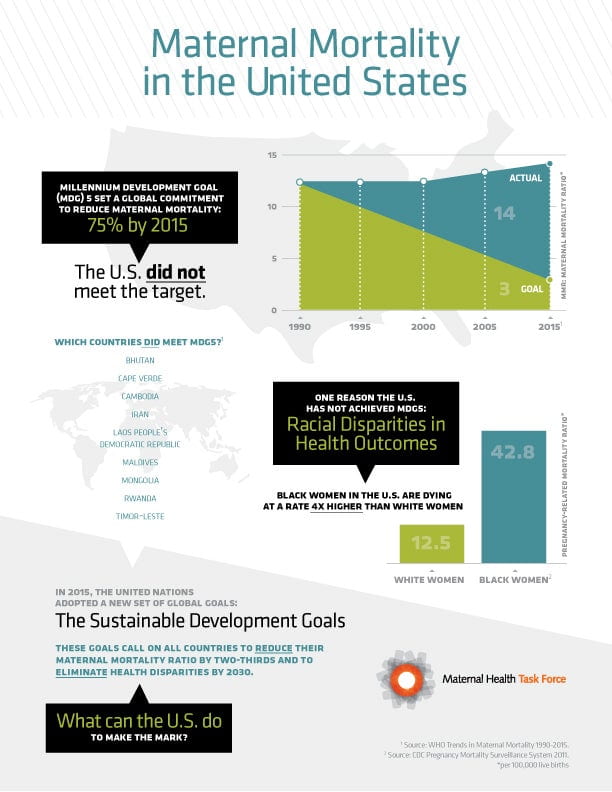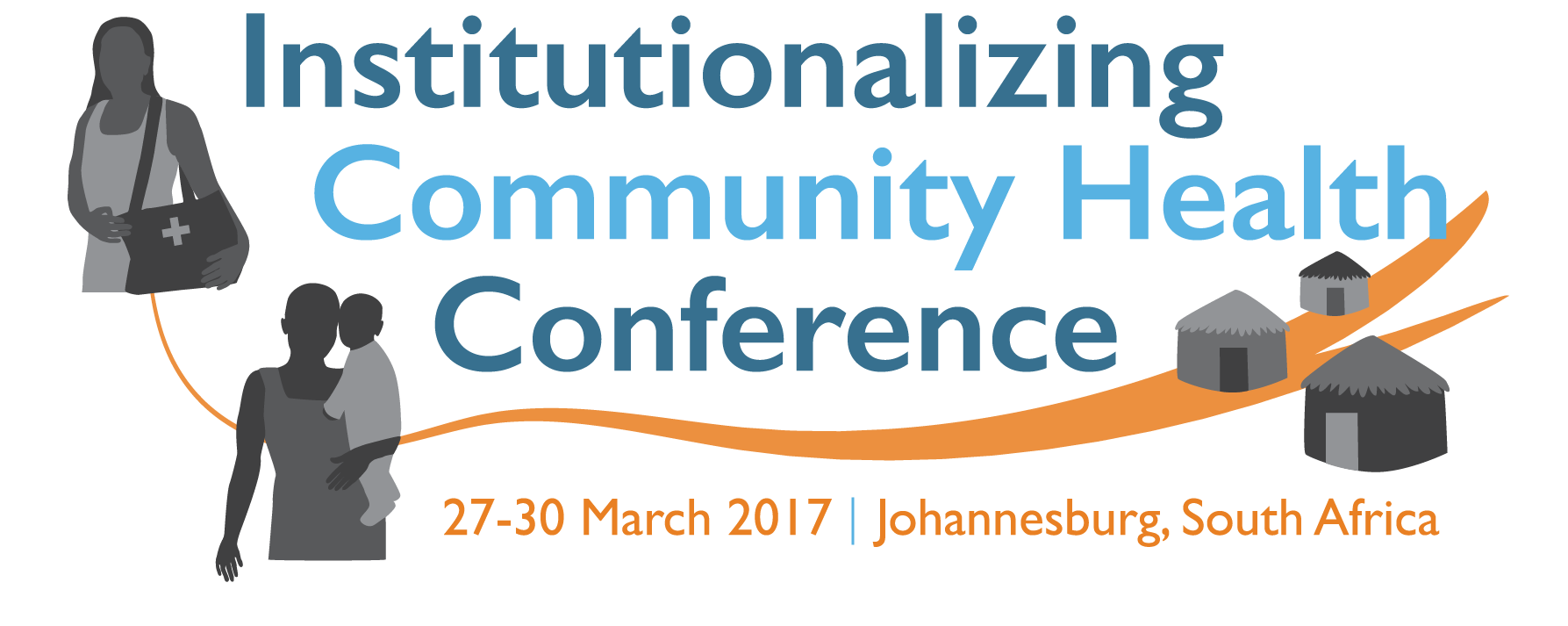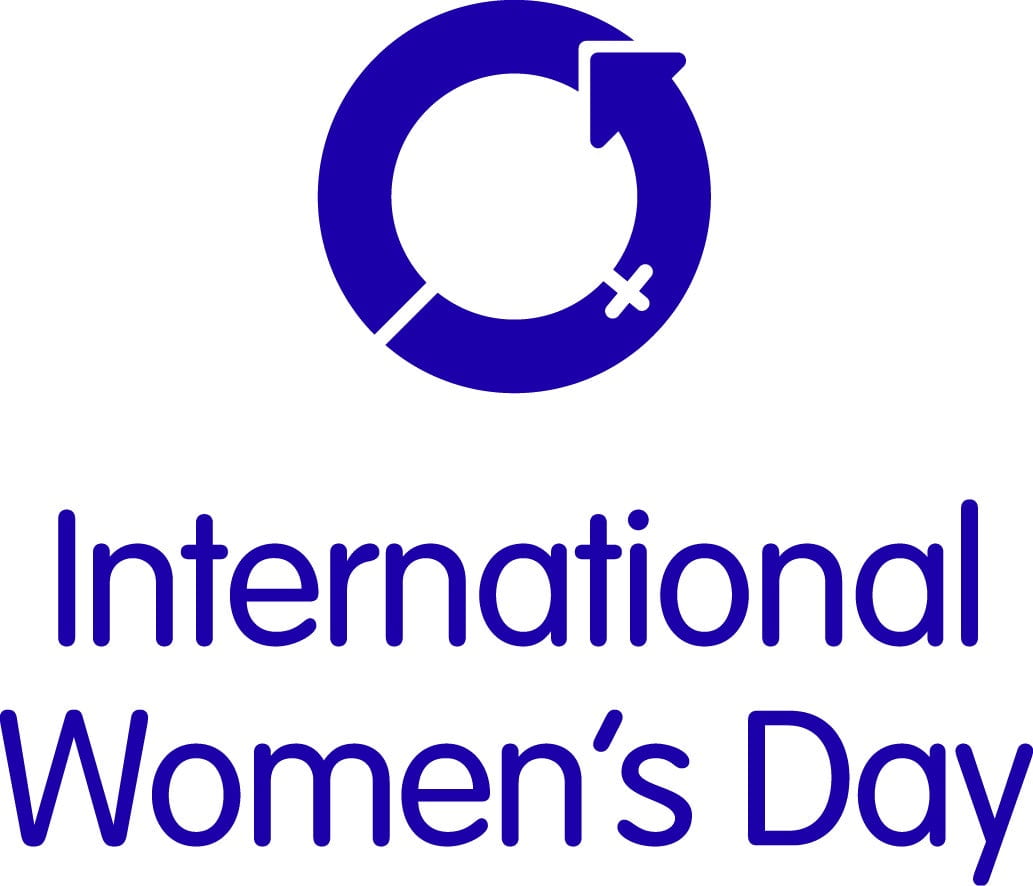Maternal Health Task Force
The Maternal Health Task Force strives to create a strong, well-informed and collaborative community of individuals focused on ending preventable maternal mortality and morbidity worldwide.
677 Huntington Avenue
Boston, MA 02115
Blog
-
The Legacy of the Alma-Ata Declaration: Integrating Maternal, Newborn and Child Health Services Into Primary Care
As suggested by the ground-breaking 1978 Alma-Ata Declaration, integrating maternal, newborn and child health services into primary health care can be an effective strategy for reducing health inequities—particularly socioeconomic and geographic disparities—by delivering care at the community level…read more
-
World Tuberculosis Day: Calling Attention to TB in Pregnancy
On World Tuberculosis Day, we call on the global reproductive and maternal health community to unite in our efforts to end tuberculosis and improve maternal newborn health around the world. The Maternal Health Task Force has compiled key research and resources related to tuberculosis in pregnancy and beyond…read more

-
Giving Birth Without Clean Water
World Water Day is a reminder to the public health community that more than 600 million people around the globe do not have a safe water source nearby. Water, sanitation and hygiene (WASH) play a crucial role in improving maternal health outcomes during pregnancy, delivery and postpartum…read more

-
From the Archives | In the United States, Black Mothers Need More Than Health Care
While lack of access to health care has certainly contributed to maternal and infant death in the Black community, it doesn’t account for the extreme racial disparities seen in pregnancy-related outcomes. A growing body of evidence indicates that social, economic and psychological factors play a role as well…read more

-
Community-Based Maternal Health Care: Meeting Women Where They Are
All women deserve respectful, culturally sensitive, women-centered care that takes into account how, where and with whom they want to receive maternal health care. In order to ensure that this happens, health systems must meet women where they are—both literally and figuratively. Community-based approaches can be effective strategies for providing women with the kind of care they want and need in the place they choose…read more
-
Midwives’ Voices, Midwives’ Realities: Results From the First Global Midwifery Survey
As part of the Advancing Dialogue Series on Maternal Health Series, the Wilson Center hosted a discussion to review findings from the “Midwives’ Voices, Midwives’ Realities” report and explore implications for global maternal and newborn health…read more
-
Maternal Health Care in Kenya: Poor Quality for Poor Women?
A recent study published by Sharma and colleagues assessed the quality of maternal health services in Kenyan facilities and the relationship between quality of care and poverty…read more
-
Advancing Maternal #HealthForAll at the 2017 Institutionalizing Community Health Conference
The Maternal Health Task Force (MHTF) is delighted to participate in and support the Institutionalizing Community Health Conference in Johannesburg, South Africa, taking place 27-30 March 2017. The MHTF will be at the conference gathering the most relevant information on how advancing community health approaches can improve global maternal newborn health…read more

-
Despite Differences in Culture, the United States and India Fall Short in Childbirth in Similar Ways
Obstetrician Neel Shah explains how a trip to India for the 2017 Human Rights in Childbirth meeting led him to a humbling realization: When it comes to childbirth, both India and the United States fall short in surprisingly similar ways. In both countries, women often receive either too little or too much care…read more
-
International Women’s Day 2017: Thirty Years of the Safe Motherhood Initiative
Today is a very special International Women’s Day because this year marks the thirtieth anniversary of the Safe Motherhood Initiative, a global movement to reduce maternal mortality. The maternal health field has made considerable progress over the last 40 years, but more work is needed…read more
